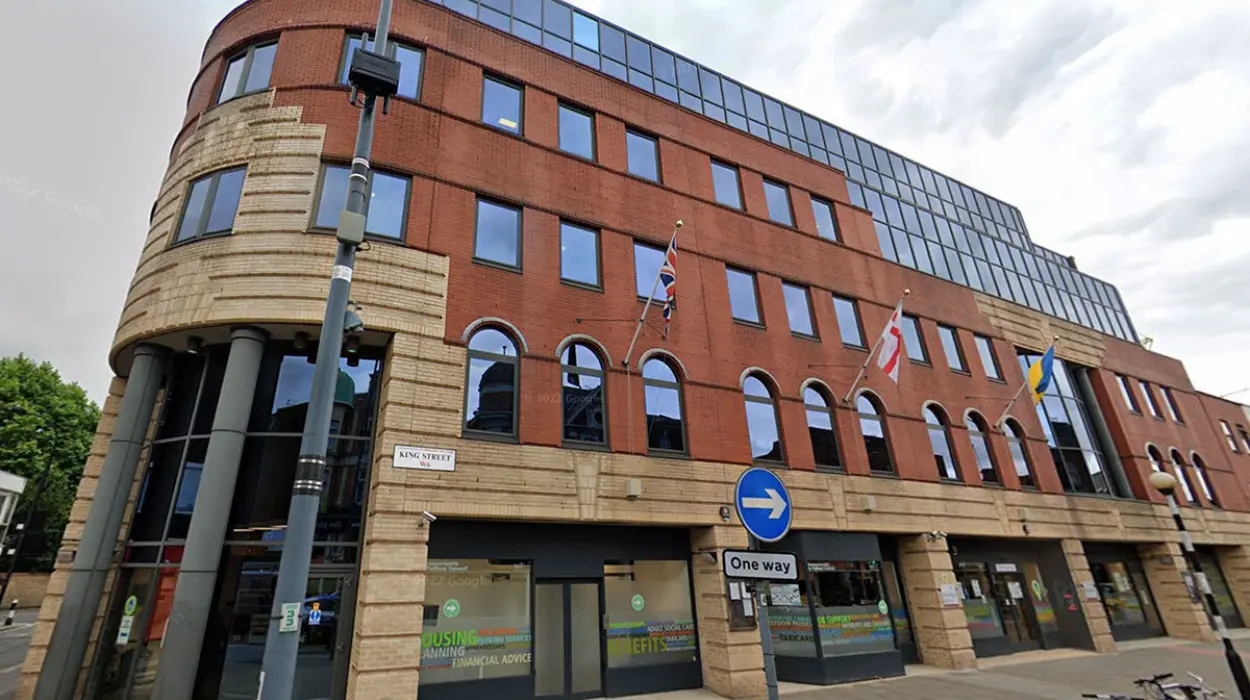Hammersmith & Fulham (Parliament Politics Magazine) – Hammersmith and Fulham Council to debate hidden homelessness after a new report reveals the majority of those seeking help are single adults without dependents.
A quarter of the 505 unmarried individuals who sought assistance from the local government were under 25 years old, and a comparable proportion were thought to be living in hidden homelessness.
The term “hidden homelessness” refers to those who are homeless but whose circumstances are not “visible” because they are not sleeping on the streets or included in official statistics.
This implies that people end themselves in precarious living conditions like squatting, sleeping on the streets, and sofa-surfing.
According to the survey, the most common cause of homelessness among single persons was being shunned by friends or family.
The report emphasizes that because the council has historically lacked the funding to offer financial support to “non-priority single homeless people,” the housing offer for the majority of homeless single people is restricted to information and guidance about obtaining privately rented homes.
Assisting qualified homeless single people in obtaining Social Security disability benefits in order to increase their access to healthcare and financial security.
Granting access to emergency shelters and rapid rehousing initiatives, which reduce the amount of time spent in transitional housing and avoid chronic homelessness by swiftly placing homeless single people in stable housing.
According to national figures, 26% of Hammersmith and Fulham‘s 52% homeless and unmarried population reported sofa-surfing in the previous 12 months.
The G15 group of London’s leading housing associations issued a warning earlier this month about an increasing number of young Londoners being priced out of the city, which prompted this report on hidden homelessness among single individuals.
The G15 thinks the flight will have disastrous effects on the capital since, according to London Assembly research, low-income Londoners between the ages of 25 and 29 currently spend 77% of their income on housing.
The G15’s study followed Shelter’s analysis from last month, which revealed that in over half of English local authorities, newly certified nurses cannot afford a one-bedroom house on the private rental market.
As part of the Homelessness Prevention Grant, the government has given Hammersmith and Fulham council a one-time payment of £65,775 to help with individual non-priority homelessness cases in 2025–2026.
This money will be used to assist homeless singles in finding privately rented housing.
On April 23, the Housing and Homelessness Policy and Accountability Committee will be given the opportunity to examine and comment on the report.
What specific support measures are being proposed for single homeless individuals in Hammersmith?
In order to connect unsheltered homeless people with assistance, outreach workers interact with them. No matter where or when someone shows up for assistance, coordinated entry systems provide fair and equal access to housing and support.
Putting a high priority on quickly placing homeless individuals who are single into permanent homes without any restrictions, together with wraparound support services to preserve housing stability and deal with underlying problems like mental health.
With case management aimed at addressing housing emergencies, emergency funding for rent and arrears are provided to persons at risk of homelessness.
For single homeless people with co-occurring disorders, programs such as SAMHSA’s Grants for the Benefit of Homeless Individuals (GBHI), Projects for Assistance in Transition from Homelessness (PATH), and Treatment for Individuals Experiencing Homelessness (TIEH) provide peer-led, coordinated support.


